This project presents a novel economic model to regulate capacity sharing in a federation of hybrid cloud providers (CPs). The proposed work models the interactions among the CPs as a repeated game among selfish players that aim at maximizing their profit by selling their unused capacity in the spot market but are uncertain of future workload fluctuations. The proposed work first establishes that the uncertainty in future revenue can act as a participation incentive to sharing in the repeated game.
We, then, demonstrate how an efficient sharing strategy can be obtained via solving a simple dynamic programming problem. The obtained strategy is a simple update rule that depends only on the current workloads and a single variable summarizing past interactions. In contrast to existing approaches, the model incorporates historical and expected future revenue as part of the virtual machine (VM) sharing decision.
Moreover, these decisions are not enforced neither by a centralized broker nor by predefined agreements. Rather, the proposed model employs a simple grim trigger strategy where a CP is threatened by the elimination of future VM hosting by other CPs. Simulation results demonstrate the performance of the proposed model in terms of the increased profit and the reduction in the variance in the spot market VM availability and prices.
- The work presented in this paper is the first to address the general problem of maximizing the CP’s long-term revenue where current capacity sharing decisions in the federation depend on the revenue obtained from previous sharing decisions as well as on the expected revenue in the future.
- It derive the capacity sharing strategies that maximize the long-run revenue of the federation, dubbed as socially optimal spot market allocations , and demonstrate their enforcement limitation.
- Using a formulation based on multistage games, here introduce a set of self-enforceable CPs capacity sharing strategies that maximize the federation’s long-term revenue yet can achieve more revenue than what the individual CP can achieve outside the federation.
- It proved that the profit obtained from the aforementioned repeated game can derive a higher revenue using a simple grim trigger punishment strategy.
- It derives a simple update rule to find the sub game perfect Nash Equilibrium (SPNE) values for the spot market allocations. This rule is only dependent on the observed current state and a single variable that summarizes the history of previous interactions.
- It develop a simple dynamic program that can be employed to obtain the exact values for these allocations in practice.
- ADVANTAGES:
- It increased profit and the reduction in the variance in the spot market VM availability and prices.








































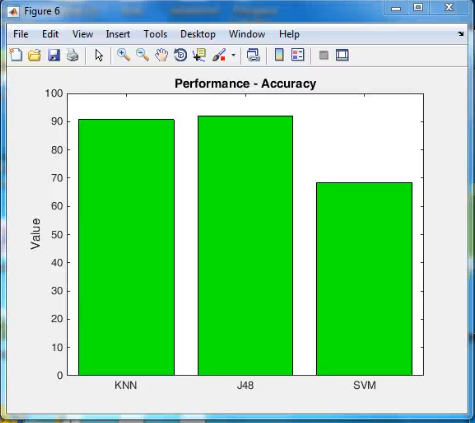



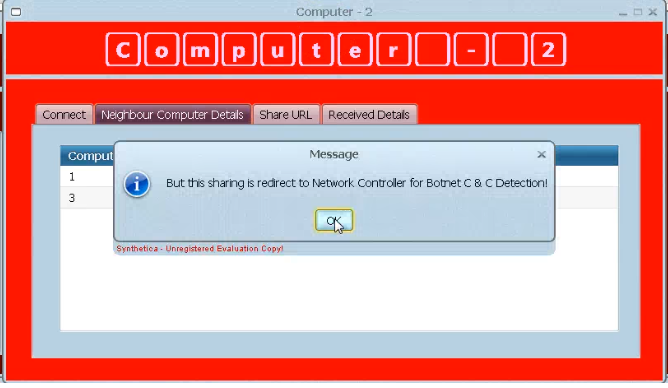

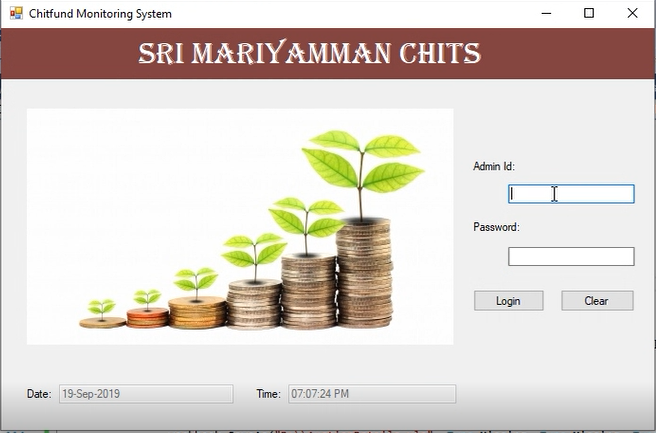

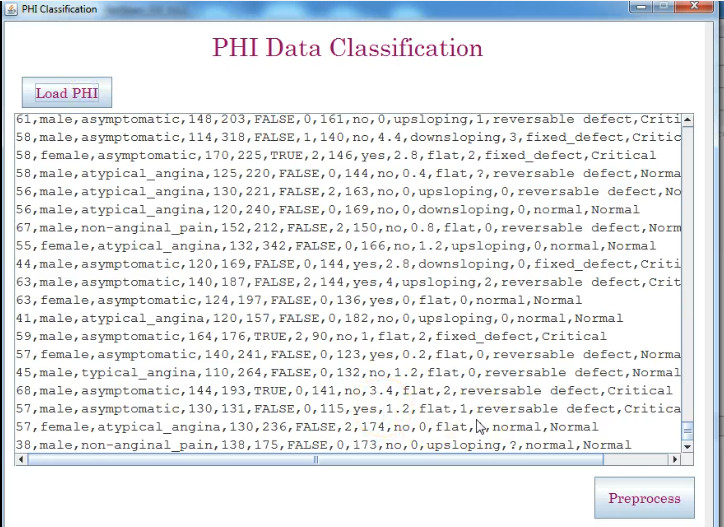
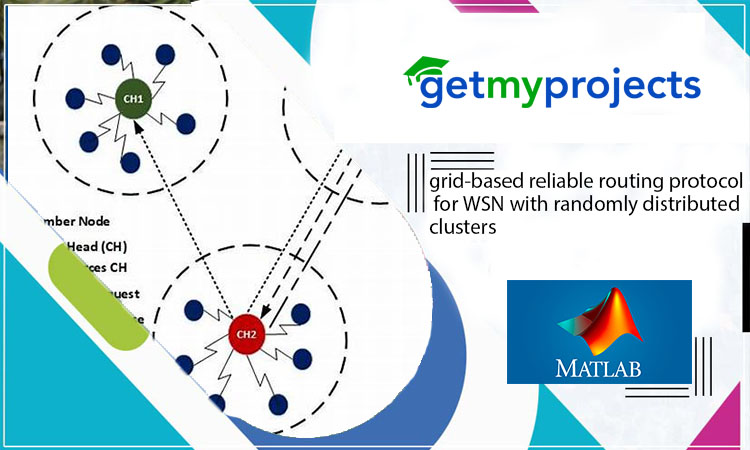
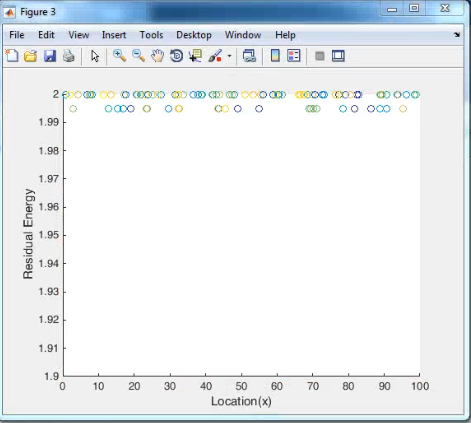

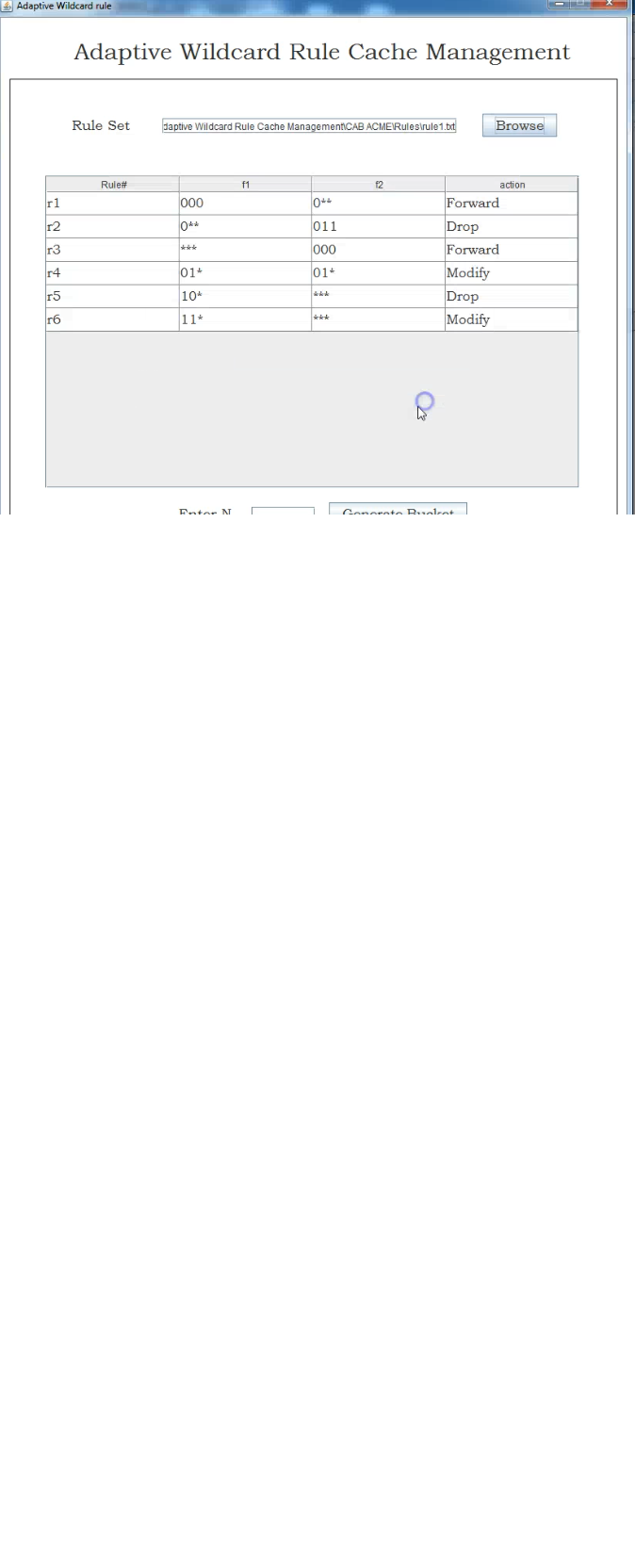


Reviews
There are no reviews yet.